Data-driven digital marketing requires marketers and their teams, to be able to collect, integrate, and analyze data from external and internal sources – competitive intelligence reports, global market research, on-site and off-site customer activities, social interactions, and more. Understand about Data Driven Digital Marketing through below mentioned Webinar by Manish Vij (Founder, Smile Vun Group) and get maximum learning out of it.
Q&A During Webinar with Manish Vij
Q- How does a cookie from website X identify a user from website Y?. Is this process automated or we buy it in some other way? I believe cookies are website specific and can only read by the particular website only.
A- In order to read a cookie, you need to drop it in the first place, we do the same technology. For example when we are dropping the cookie and tying up with different publishers to collect this data we actually tag the website using our own technology DMP cookie that gets blocked and the same gets fired in recording the information about the same cookie. So this cookie is then matched to a cookie that resides on the DSP, the Demand Site Platform, using a technique called a Server to Server Sinc. This allows both the technologies, the DMP and the DSP, to share information about both the cookies and mark a corresponding cookie that DSP will drop on the same user. For example let’s say a website called X, and a user A goes to that website, there is one cookie that gets dropped by DMP. Now DMP will share the information about user A with the DSP using server to server sinc. DSP will then identify user A using its own cookie. When this particular DSP cookie is identified on any of the websites which is a part of our network, DSP gets an opportunity to bid on that user for a specific impression and then show an ad. One technology’s cookie is not easily be read by another technology, it is not allowed. But in Server to Server Sinc the information can be shared and ultimately DSP can use this for targeting.
Q- What is the guarantee of the third party data (the third party data that is collected)?
A- In terms of guarantee we do have some independent third party players who are into the verification game. Ultimately the kind of audiences that you reach is with a specific objective. If the campaign objectives are met by targeting the data, that is basically the guarantee and the proof is in the pulling. In terms of verification we have some third party verification tools (audio not clear). What we also do is instead of giving publisher wise list we share an overall list of publishers from where we are getting these cookies. The genuinity of these publishers are they are branded publishers, top ender publisher. These are the bench mark which is important whenever you are working with third party website. In our case we always do that.
Q- We individually, internally use a lot of remarketing campaign on Google and lot of retargeting on Facebook as well. Suppose I do not want to do look alike like of stuff, I need to use only my own data. Google and facebook gives me good enough reach to do re-targeting and remarketing campaign. By using the precision match technology Vs Google and Facebook, what are the pros and cons, where it fits in exactly?
A- This debate happens in each panel I go and talk about. If I am using retargeting on Google and on Facebook, they cover almost like 60 – 70 % of base in India, do i still have to go out and use any other technology for retargeting. If you are a small marketer, I would say you should not dwell in taking other technologies on retargeting. If you are a large marketer, and you do not want to leave you can use these technologies. Suppose a customer goes to some e-commerce websites for example X, Y and Z. After going through all these websites and they all have these cookies. And suppose that they didn’t go to these sites through Google or Facebook but through some other website. Now because it is such a competitive scenario, Z does not want to leave a single instance. He is just bothered about conversion. Whether that came from Google or Facebook or from precision match network, it does not matter. So for large advertisers you may want to have two or three places of retargeting that you do not want to lose any instance to reach out. But for a small marketer just using Google and Facebook would be more than enough.
Q- Would retargeting be push marketing or a simple display? Would I be prompted for the same ad if at all I log into the page that I am managing from my primary Facebook account?
A- I think both because if you didn’t want to buy a product and you get an ad, it is push and if you wanted a product and they are showing you more look like products then it is pull. If the advertiser is also integrated with facebook, he would be targeted on facebook as well. The simplest way to retarget is to show the last product that the user browsed on a specific retailer website. That user probably might have dropped off from that particular page. If you browse three products in website, you are not interested in the first and the second one. In all likelihood the marketer would try to target you four or five times with the last product that you saw. And if that does not work they will probably switch over to the previous product that you saw in the hope that you will get converted for that particular product.
Q- What is the currency used to buy localised data, is it per cookie based?
A- The currency used is CPN, cost per thousand, which is impression serve targeted to specific look-alike segment. So, essentially right now we only have the feature of a full services offering where we do the look-alike modelling as well as doing targeting that particular look-alike audience. Instead of build in the cost of technology and look alike modelling, we charge of number of impressions that marketer wants to buy.
Q- After visiting an e-commerce website and buying a product, I saw same banner of same product on another website. What is it using the same retargeting campaign?
A- The best practices of using first party data for engaging the same viewers again is that, you have to be very mindful about at what point in the purchase panel is the user currently at. If the user has already purchased the product, it is best practise not to target for the next 15-30 days and definitely not with the same product as the user is already converted. The technique used is CMS retargeting. Some of the other best practices of retargeting are doing a frequency management. Not bombarding the user with the same product. If a user does not convert even after retargeting for 10 times a day, it is high likely that he will not get converted in the eleventh time. So frequency management is very important. It is also important to increase the number of vendors you are working with for retargeting. You can work with multiple players to run cookies to same audience base that come to your website. All of them will be showing ads to the same user probably for the same product. The overall frequency management with which you want to engage with the user is important. Suppose you have five vendors, every single user employs a frequency gap of ten per user, which is the best practice. That user might potentially end up seeing our ad three or four times.
Q- In B2B case where gestation periods are high how does campaign like this be helpful to keep the interest over a period of time? Is this useful in the case of B2B or not?
A- To some extend retargeting might work, sometimes third party will work. There are B2B advertisers who work with us on Look Alike Modelling or direct targeting, because the gestation period is high. This is a different medium altogether. E-mails and TRM work better on B2B. And it depends on the type of B2B, as it is a wide sector. When we go to basics of Marketing, the overall purchase panels through which consumers passes through, whether it is B2B or B2C remains the same. The speed at which the user goes from awareness to interest to desire to action might differ. If you are using any of these channels, you just need to know what your objective is. If you are a B2B channel, then conversion is your ultimate objective. If you are using retargeting your evaluation criteria would be how cheaply can you convert a user. Whereas if you are a B2C, the purpose of retargeting need not be conversion but to maintain the interest for your product or to move the user from interest to desire phase. Perhaps you can retarget to engage with this user on a social media channel where you have more information about your product. If you evaluate retargeting in the right way then it is applicable to both B2B and B2C.
Q- When I worked with third party data for remarketing can I use my customer data from my competitor companies?
A- No, companies will not share their data to be used by competitors and also it is not ethical.
Q- As an organisation can you give me some bluff strategy on first to decide whether I should go with the data driven digital advertisement or not and if I am then what are the questions I should ask myself before I decide whether I need precision match or I can go with Google right now?
A- Are you a performing advertiser or a non performing advertiser?. A performing advertiser is a last mile performer. If you want leads, acquisition and skills which are possible to track seamlessly for your product online. It is basically done for e-commerce companies, automobile companies, banks, internet companies etc. Non-performance advertiser is that, your ultimate sales or interactions happens offline and you want to reach out to the right set of user and you want to bring them to your website to educate them on your product. In one place last mile performance is important and in the other reach is important. If you are a performance oriented player and if you are a large player, you have to go for all channels like Google, Facebook, Twitter etc. Because you are tracking everything to the last mile. Whoso ever can come and give cookies you will give it to him. If you are not a performance marketer and you are looking for reach. If you are looking for reach then what is the aim, goal and budget you have. The budget can be absorbed by google or facebook which is unfortunate. Do some experiment using precision match, Twitter or any other data driven digital marketing. If you are a large marketer and if you don’t have large visitors (first party) coming to your website, apart from using google, Facebook etc., you have to use third party data to target right set of users. We are the only company which provide 100 million cookie pool and you can choose from this pool of you right segment for Look Alike analysis. Any kind of digital marketing should be data driven and accountable. Data and accountability go hand in hand. If you just blindly buy like any other media buyer like television, print or any other buyer in digital. You are not doing justice to the money you are spending. I can buy a mass click for four or five rupees. When I go and buy a data driven display click this will cost be twenty or thirty rupees. But imagine If you are buying data driven digital marketing you are having the advantage of showing it to right set of people. Because now you can buy the right impressions automatically and also can buy the right clicks. It is important to realise that before the data targeting campaign starts, if you want to start first party data, It takes three to five days to set up data collection process and another couple of days to set up the data pool and then when you start targeting the data pool for retargeting purposes, it takes two to four weeks just to get optimised. If you have short term objective, for example you want to increase the traffic to the website in a week end, then retargeting is not the way to go for that. It is important to appreciate how data targeting campaigns will work. In case of third party data, the data is completely new and we don’t know nothing about the users as far as your product is concerned. We can use them as a filter to narrow down your targeting. It might take long time for campaigning. But definitely in long time frame audience data targeting can give much more targeted reach for relevant audience. Therefore it is important to know what type of campaign you want to run. Data targeting is not something for short term goals. For long term campaign audience data targeting, the first or third party data, could be very helpful for you, provided you valuated in right context. Most of the advertisers want ten days to earn the money. That is not the right way to run the campaign. For large advertisers it is good to start building pool in advance which can be used during the campaigns.
Want more learning and understanding on Digital Marketing Webinars live? Sign up for upcoming Webinars! You will also get the recording of past Webinars!

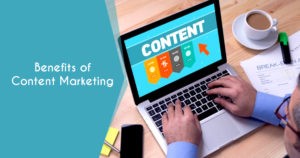
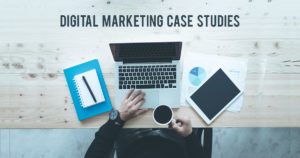

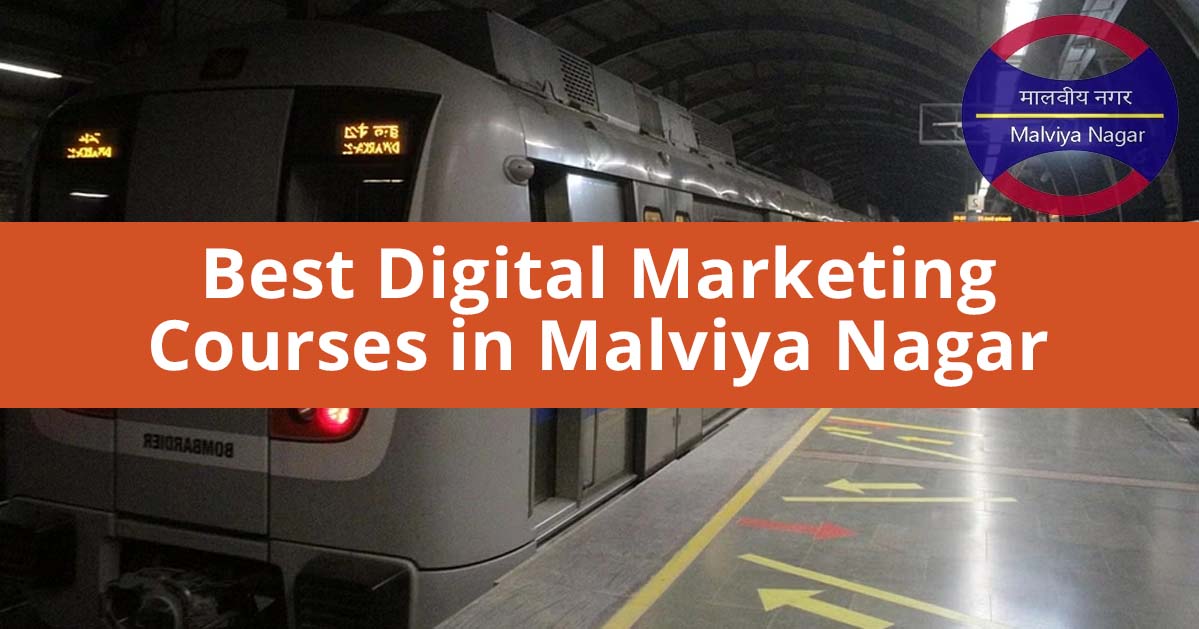
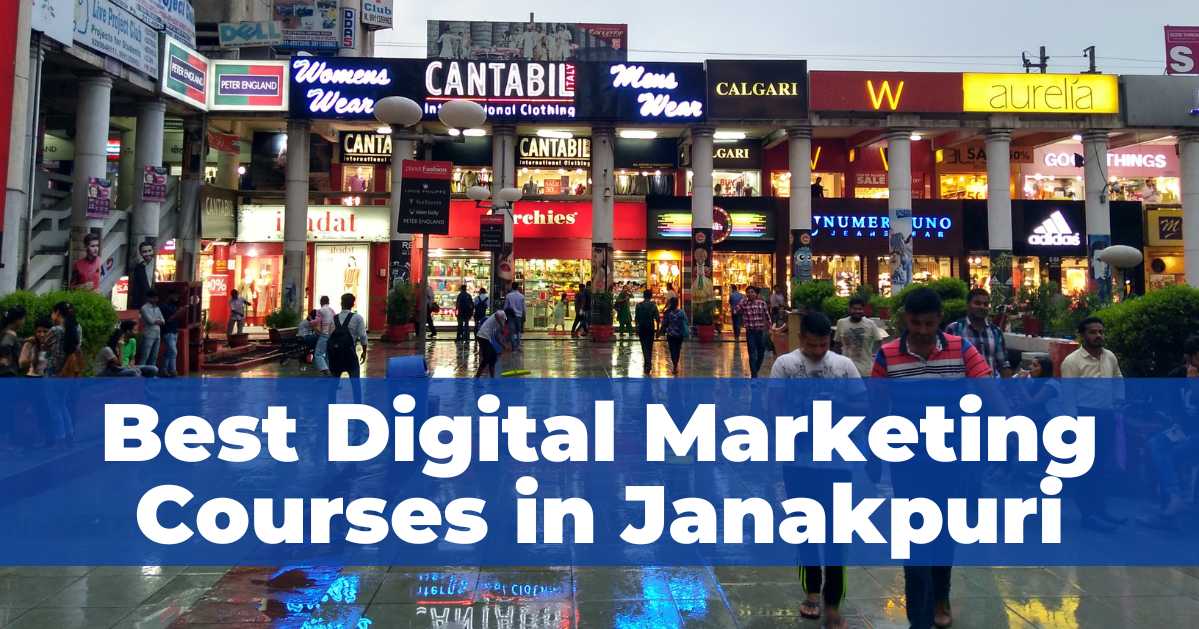
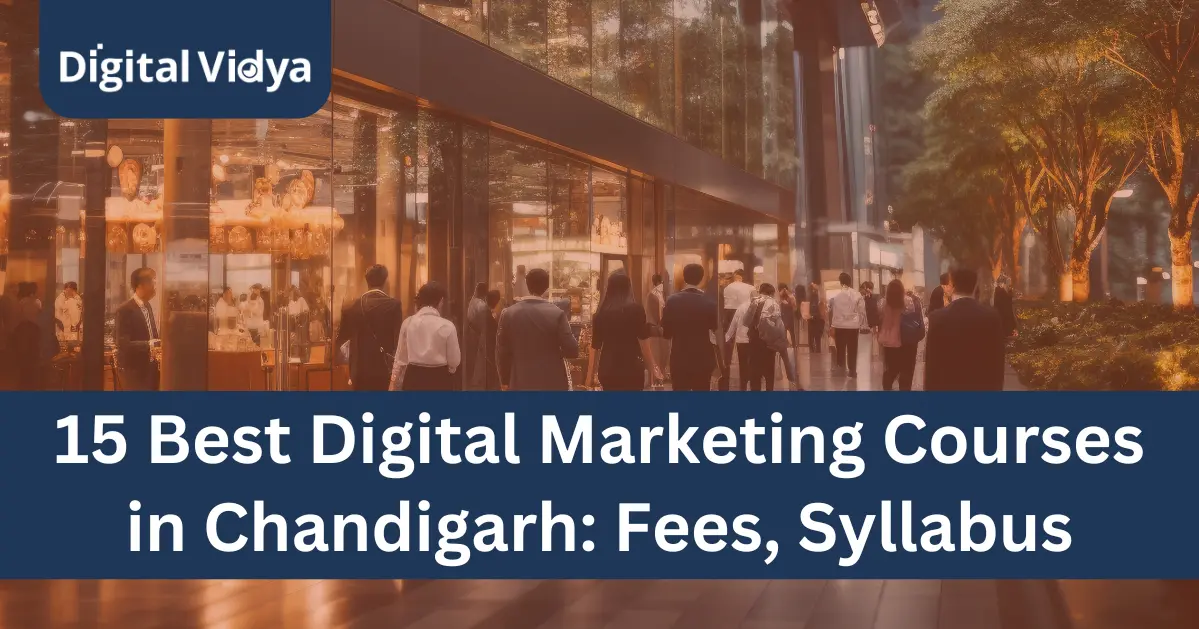
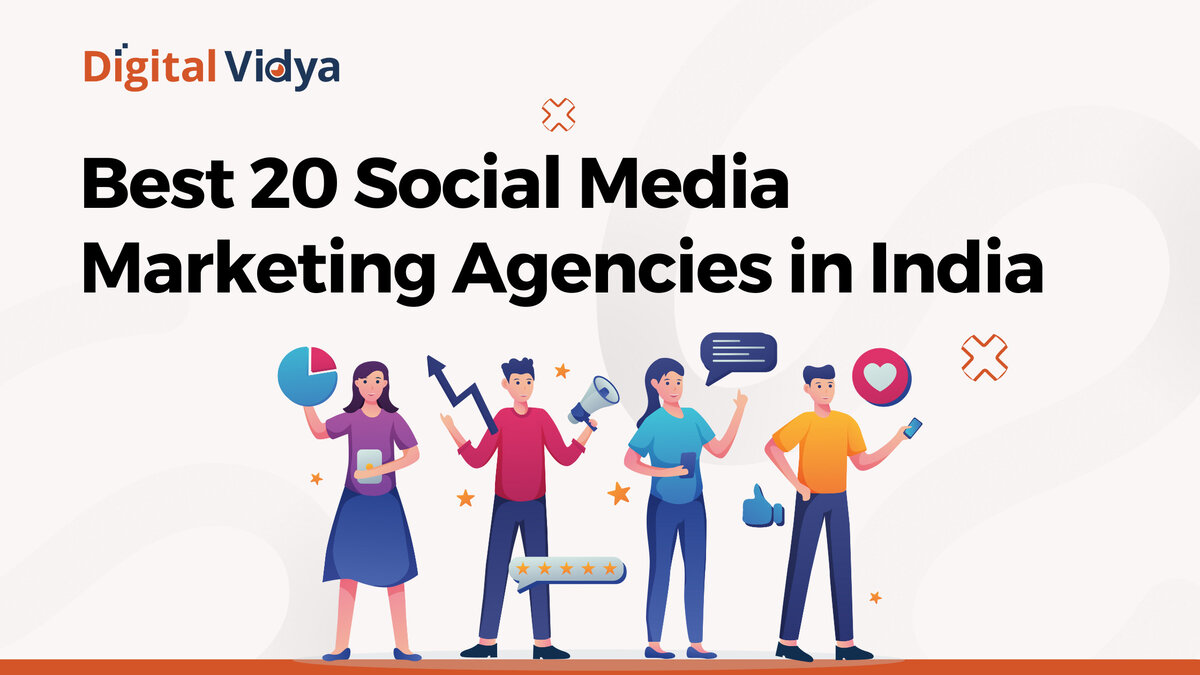
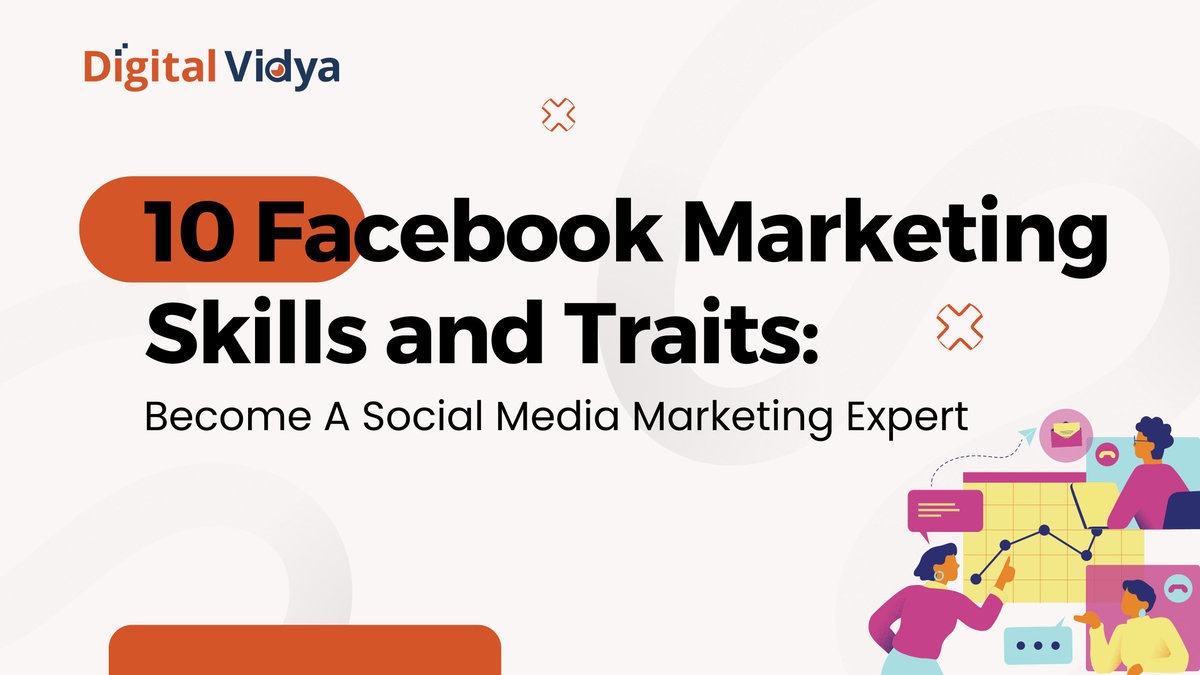
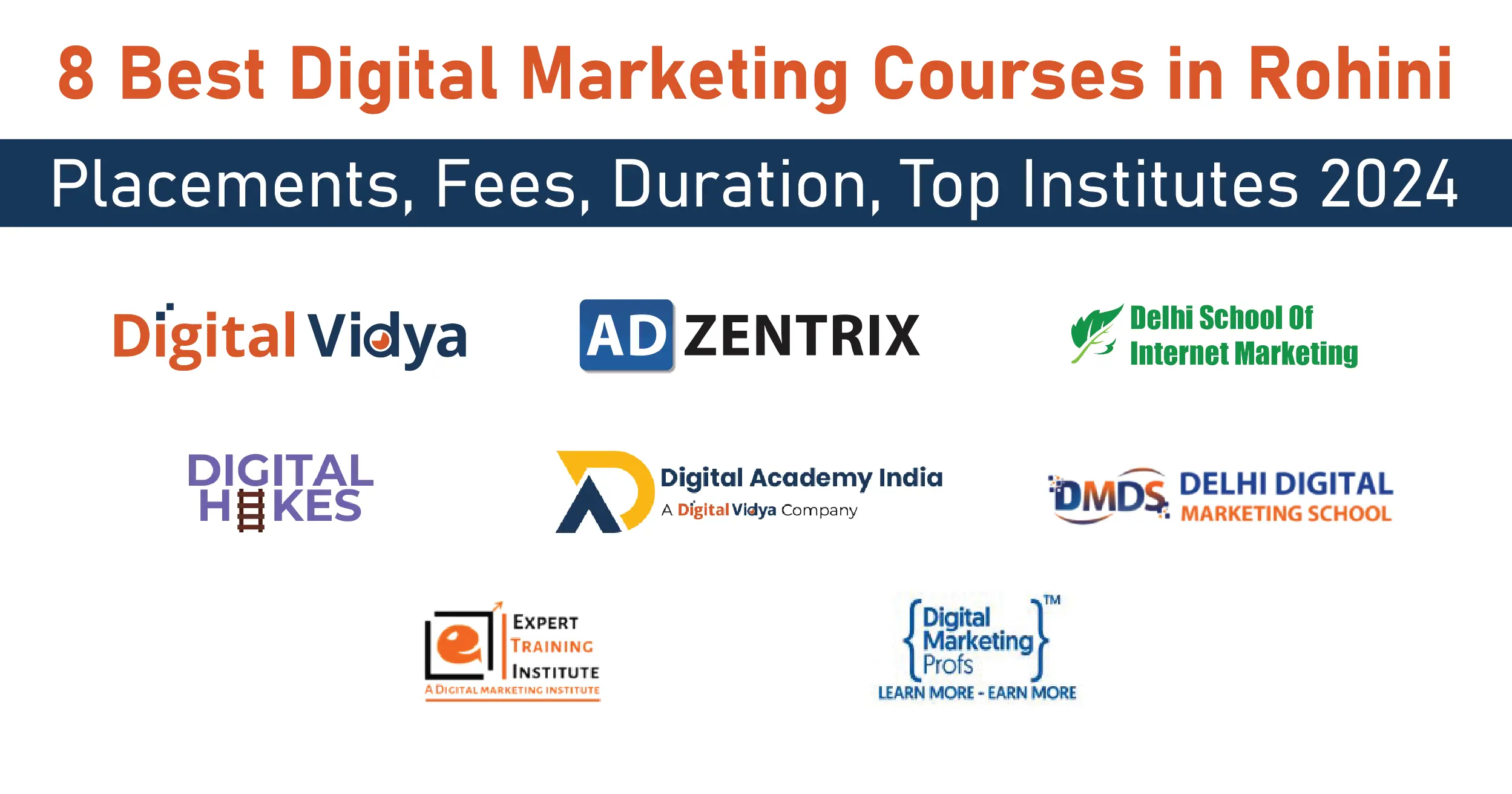






Excellent share! Brilliantly explained. Now, i came to know that how a small Business can make a big difference with useful data driven digital marketing. Thanks for great job.